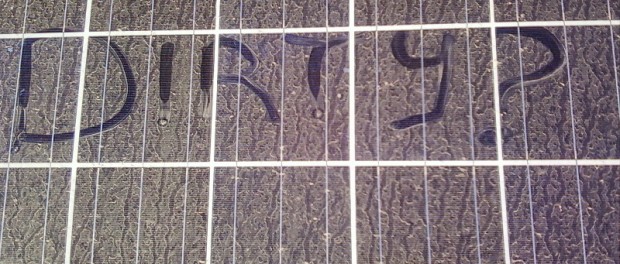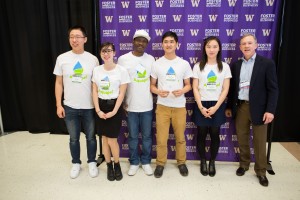microelectromechanical systems research

 Ph.D. Student Targets Wildlife and Timber Trafficking with New Devices
Ph.D. Student Targets Wildlife and Timber Trafficking with New Devices
Hal Holmes
Bioengineering Ph.D. student Hal Holmes is developing a device that could help customs officials and agents of conservation combat
wildlife and timber trafficking. Hal aims to create a field-deployable screening tool that can determine if a product was sourced
from an endangered or protected species by looking at the information encoded in its DNA.
 Aquapel: Self Cleaning Solar Panels Start to Shine
Aquapel: Self Cleaning Solar Panels Start to Shine
Di Sun and Karl Böhringer
A team of researchers and students from the University of Washington’s Department of Electrical Engineering
developed a system they call Aquapel. The group experimented not only with hydrophobic surfaces but also
with micro-patterning of the surfaces using microfabrication techniques used in microelectronics etching.
 Experts hack away at portable DNA barcode
scanner to fight timber and wildlife trafficking
Experts hack away at portable DNA barcode
scanner to fight timber and wildlife trafficking
Hal Holmes
A group of scientists, engineers, and officials convened to accelerate the development
of a DNA barcode device to combat timber and wildlife trafficking. The event was hosted
by Conservation X Labs at the Smithsonian Institute in Washington D.C. Hal Holmes was an
invited participant.
 Eighth annual EIC wraps up with a bang
Eighth annual EIC wraps up with a bang
Di Sun
Aquapel, a team lead by EE Ph.D. student Di Sun, presented a self-cleaning surface technology to create water and oil repellent surfaces at the
eigth annual health innovation challenge. Di's team made it to the final round.
Aquapel can control the movement of water droplets on the surface to clean away dust particles.
 EE Students and Faculty Receive 2016 CoMotion Innovation Fund
EE Students and Faculty Receive 2016 CoMotion Innovation Fund
Di Sun and Karl Böhringer
Di Sun and Karl Böhringer were finalists in the 2016 CoMotion Innovation Fund, receiving an award
for their project entitled: "Self-cleaning Solar Panels with Anisotropic Micro-texture".